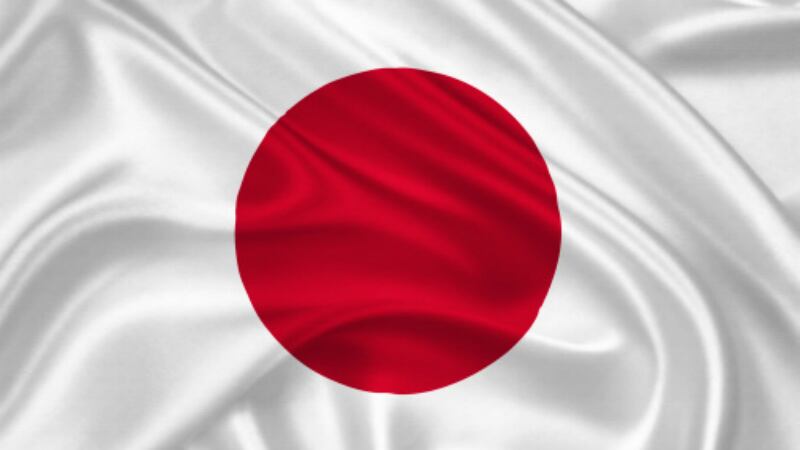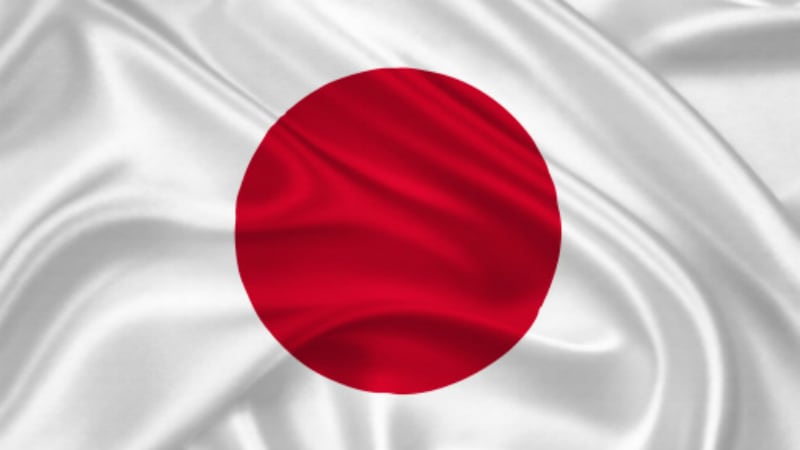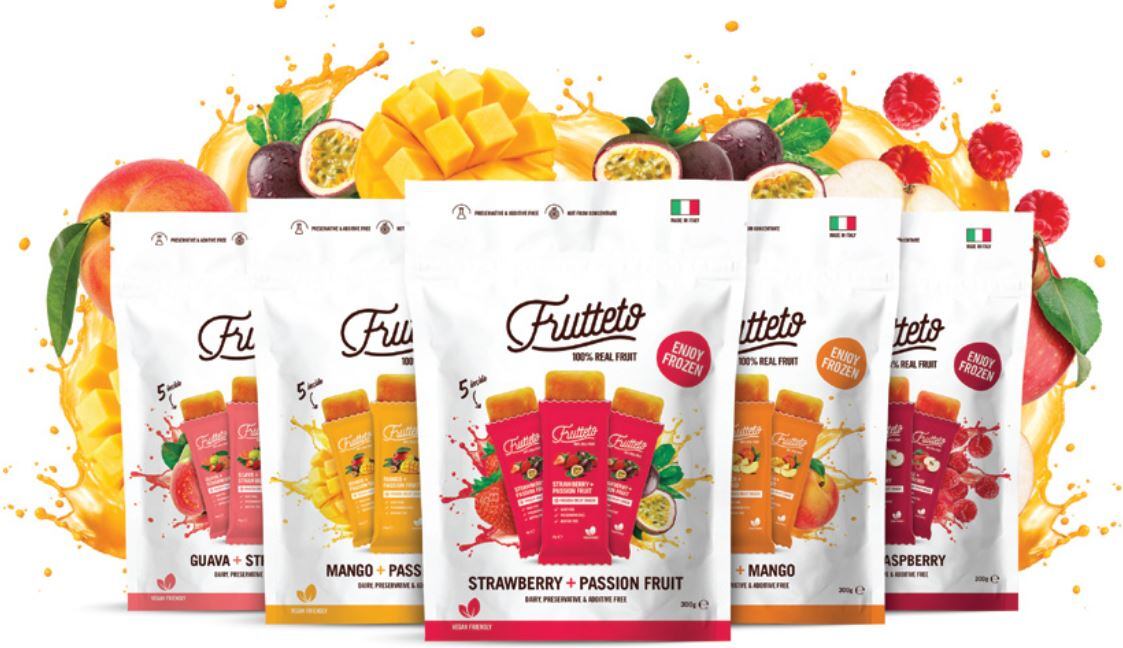No-to-low push: Asahi to release Beery range amid drive to triple low alcohol sales by 2025
Asahi Breweries is to launch a new carbonated low alcoholic drink called Beery as part of its drive to see sales of products at 3.5% ABV or lower increase from 6% to 20% by 2025.
To kickstart this, the company is launching Beery, a 0.5% alcoholic beer-tasting drink in March 2021 in Tokyo and several other prefectures, followed by a nationwide launch in June.
The drink will be available in supermarkets, convenience stores and off-trade outlets.
Grape idea: Hokkaido University’s sustainable robots offer respite for wine and pumpkin farmers in Japan
Robots developed by researchers at Hokkaido University are being trialled at a Japanese vineyard, Hokkaido Wine, for pesticide spraying and weed control.
As one of the oldest wineries in Hokkaido founded in 1974, the firm produces 2,000 kL annually, with just 81 employees.
“There is a shortage of people on our farm and we cannot do enough weeding and pesticide application,” said Kimihiro Shimamura, president of Hokkaido Wine, and second-generation farmer.
Hokkaido Wine approached robotic agriculture expert, Professor Noboru Noguchi from the Research Faculty of Agriculture at Hokkaido University for a collaboration.
Japan GM food safety update: Transgenic soy, rapeseed have no impact on biodiversity even after 15 years – government study
The Japanese government has found no sign of genetically modified (GM) soybean and rapeseed crops having any impact on surrounding biodiversity over 15 years of natural growth, further strengthening its argument for further GM-related approvals in the country.
According to the report by the Japanese Ministry of Agriculture, Forestry and Fisheries (MAFF), till date no sign of any impacts to the biodiversity surrounding areas where GM rapeseed or soybeans has been found, despite research having been ongoing for some 15 years.
“Since 2006, we have been investigating the growth of transgenic rapeseed and soybeans, and the presence or absence of crosses with their related species in the area around [where they grow],” said MAFF in a formal statement.
“In the latest survey conducted in 2020, the results do not show [a significant] situation where the recombinant genes [from either GM rapeseed or soybean plants] have spread to any closely related species near them, or led to an expansion of the growth range of the GM plants.
“Therefore, it is considered that GM rapeseed and soybeans are not likely to affect biodiversity.”
Core range and craft focus: Kirin Brewery sees fewer growth opportunities for happoshu and new genre beer
Kirin Brewery is focusing on its core beer brands and canned craft beer business, amid a not-so-positive outlook for the low-malt happoshu sector and new categories following COVID-19 and a recent liquor tax revision.
Last year, Kirin Brewery saw sales decrease across its beer (-18.6%), happoshu (low-malt beer, less than 25% malt) (-2.1%), and whiskey, spirit and liquor (-10.8%) categories.
However, so-called ‘new genre’ third beer (non-malt beer), RTD (canned cocktails) and non-alcoholic beverages saw increase in sales by 4.6%, 12.3% and 10.4% respectively.
In 2021, Kirin Brewery has set positive sales targets for the beer (17.2%), RTD (4.9%) and non-alcoholic beverages (23.2%) categories.
‘Keeping control of cultivation and profits’: Japan passes bill to IP-protect high-value local produce
The Japanese government has approved a bill to increase the intellectual property (IP) protection over local high-value produce in a bid to prevent these from being illegally exported and planted overseas, losing control over further cultivation, sales and profits.
“In recent years, [we have noticed that various] excellent varieties of Japanese produce has flowed overseas, from where the production of these was increased and then exported to yet other third countries,” the Ministry of Agriculture, Forestry and Fisheries (MAFF) said via an official statement.
“[For example, high-value] grapes and strawberries developed in Japan were leaked overseas and exported and produced in third countries, [and some] cherries were [also] transferred to Australian farmers without permission, and these places turned into production areas.
“There is a concern that produce variety development in Japan will be affected by this, [and] it is an infringement of the rights of the original produce breeders, [so] we believe that it is necessary to revise the law to protect new varieties more effectively.”





